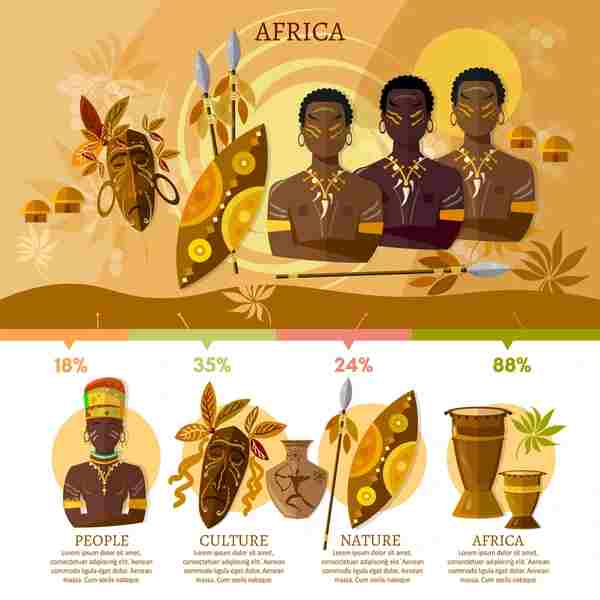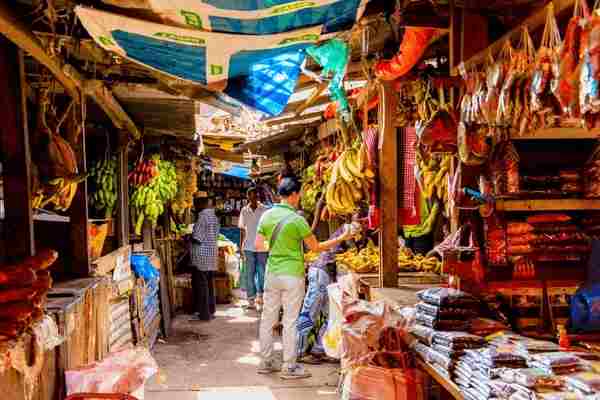
Immigration Enforcement Accidentally Becomes Celebration Destination
The Namanga border crossing between Kenya and Tanzania became the unlikely venue for a surprise birthday party last week when a group of overly enthusiastic relatives confused “border security checkpoint” with “party venue,” creating what officials describe as “the most bewildering incident in customs enforcement history.”
The confusion began when the Mwangi family planned a surprise party for their uncle, who works as a long-distance truck driver. Someone suggested “surprising him at the border,” meaning to intercept him during his route. However, the planning committee interpreted this as “throw the entire party at the border crossing,” complete with decorations, a DJ, and a three-tier cake that had to pass through security screening.
“We were conducting routine vehicle inspections when suddenly thirty people showed up with balloons, a sound system, and what I initially thought was contraband but turned out to be party favors,” reported confused immigration officer James Kipchoge. The border party chaos brought official operations to a halt as customs officials tried to determine if surprise parties violated any international treaties. According to International Organization for Migration guidelines, border crossings should facilitate legitimate travel and trade, though nobody anticipated needing explicit rules against spontaneous celebrations.
The situation escalated when the DJ began playing music at volumes that violated noise ordinances in two countries simultaneously. “I’ve processed thousands of border crossings,” said veteran officer Grace Wanjiru. “Drugs, weapons, smuggled goodsI’ve seen it all. But I’ve never had to tell someone to turn down Lingala music because it’s interfering with passport verification. There’s no training manual for this.”
Border security protocols require screening all items entering the country, which meant individually inspecting 200 party balloons for contraband. “Each balloon had to be checked,” explained officer Peter Omondi. “Do you know how long it takes to security-screen balloons? Neither did I, until today. The answer is: too long. Far too long.” Research from World Trade Organization on customs procedures never anticipated needing to distinguish between legitimate party supplies and suspicious inflatable objects.
The birthday uncle, Daniel Kamau, arrived to find his surprise party blocking international commerce. “I was confused, then touched, then horrified,” he recalled. “I watched my family explain to armed border guards that the suspicious packages were gift-wrapped presents, not smuggled goods. My aunt tried to offer the officers cake as a peace offering. They declined, citing regulations against accepting food items during duty, which honestly made sense but felt harsh.”
Tanzanian authorities on the opposite side of the border initially interpreted the gathering as some kind of protest or demonstration. “We saw a crowd, heard loud music, and observed what appeared to be coordinated movement,” explained Tanzanian officer Amani Mdogo. “We activated emergency protocols before someone shouted ‘It’s just a birthday party!’ Now I have to file a report explaining why we mobilized tactical response for a celebration. My supervisor is not going to believe this.”
The party’s cake became an international incident when customs officers couldn’t determine which country it should be processed in. “The cake was baked in Kenya, decorated in Tanzania, and being consumed at the border,” noted confused officer Sarah Mutiso. “We consulted three different trade agreements before deciding to just let them eat the cake. Sometimes pragmatism trumps protocol.”
Traffic backed up for three kilometers as commercial trucks waited for the party to conclude. “I sat in my lorry watching people dance while international trade ground to a halt,” reported driver John Otieno. “At first I was angry, then I just accepted it. This is the most Kenyan thing I’ve ever experiencedturning a functional space into a party venue without considering the consequences.”
After two hours of negotiations, authorities allowed the party to continue in a designated area away from active checkpoints, establishing what officials jokingly called “the first international party zone.” The celebration continued for three more hours, with several border officers eventually joining during their breaks, citing “if you can’t beat them, eat their cake.”
The incident has prompted new border regulations specifically prohibiting “surprise parties, planned celebrations, and spontaneous gatherings not related to legitimate travel or trade.” The addendum was necessary, officials explained, because “we never imagined we’d need to explicitly ban parties at customs checkpoints, but human creativity knows no bounds, and neither does Kenyan enthusiasm for celebrations.”
SOURCE: https://bohiney.com/border-security-surprise-party-surprise/
SOURCE: Bohiney.com (https://bohiney.com/border-security-surprise-party-surprise/)







